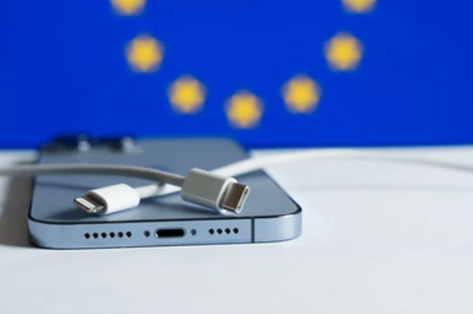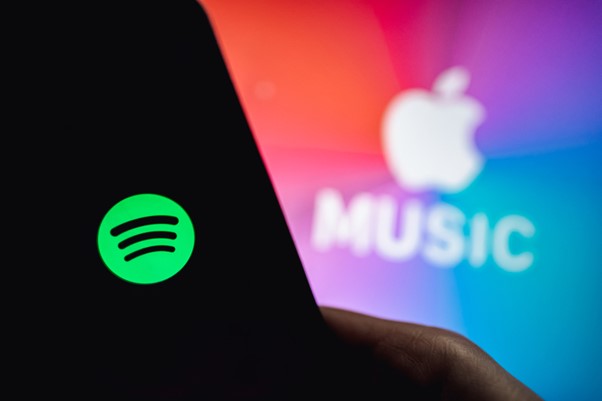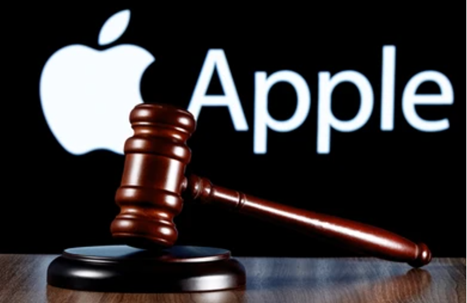The Ripple Effects of the Fine
This fine is more than just a financial penalty; it symbolizes one of the most significant actions taken by the EU against a major technology company, underscoring the bloc's commitment to enforcing its competition rules. While Apple has faced fines for antitrust infringements in other jurisdictions, such as a €1.1 billion penalty in France (later reduced to €372 million upon appeal), this marks its first such fine by Brussels. The move is expected to reignite tensions between the EU and Big Tech, at a time when these companies are already navigating the complexities of complying with the EU's Digital Markets Act.
The Digital Markets Act and Beyond
The Digital Markets Act represents a cornerstone of the EU's efforts to foster an open and competitive digital market. By defining certain companies as gatekeepers, including giants like Apple, Amazon, and Google, the act mandates compliance with stringent rules intended to promote competition and innovation. Despite these efforts, concerns persist regarding the pace at which competition is being enabled, although the EU remains optimistic that these transformative changes will unfold over time.

Apple's Response and the Path Forward
In anticipation of the EU's ruling, Apple has already begun making adjustments to its iOS mobile software, App Store, and Safari browser, albeit these changes have been met with skepticism by Spotify, maintaining its stance, asserts that these updates afford developers more flexibility in app distribution and payment processing, aiming to address the Commission's concerns while championing competition.
As the EU and Apple prepare for the official announcement of the fine, the tech community and regulatory bodies are keenly observing the implications of this decision. Not only does it underline the challenges of regulating tech giants in an increasingly digital world, but it also highlights the ongoing efforts to ensure fair competition and innovation in the tech industry.
Future Regulations
Looking ahead, we can expect to see a proliferation of regulations similar to the EU's Digital Markets Act, aimed at breaking down the barriers erected by tech monopolies. These future regulations are likely to focus on ensuring that smaller tech companies can compete on an even playing field, preventing gatekeepers from abusing their dominant positions, and enhancing consumer choice and privacy.

Global Implications
The EU's action against Apple is likely to embolden regulators in other jurisdictions to take similar steps. Countries around the world may look to the EU as a regulatory model for challenging the dominance of tech giants in their own markets. This could lead to a more coordinated international effort to regulate the digital economy, increasing pressure on tech companies to adapt their business practices to a more regulated environment.
Additionally, this case could serve as a benchmark for evaluating and addressing anticompetitive behavior, influencing future antitrust investigations and the development of global digital policy standards.
Final Word:
The EU's fine against Apple marks a critical moment in the ongoing dialogue about the power of tech giants and the role of regulation in the digital age. As we move forward, the interplay between technology companies and regulatory bodies will undoubtedly shape the trajectory of the digital economy, with implications for innovation, competition, and consumer rights worldwide.
